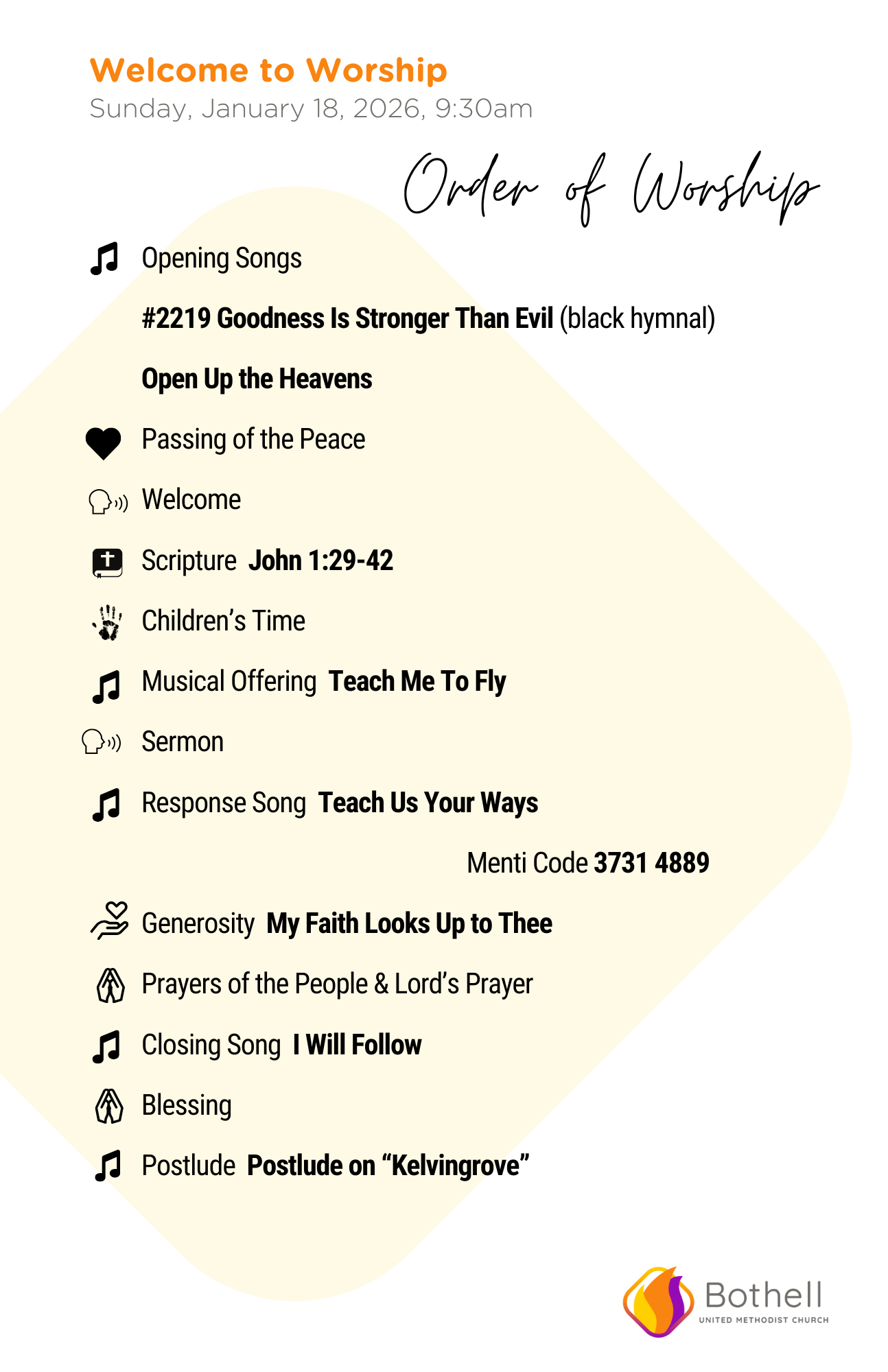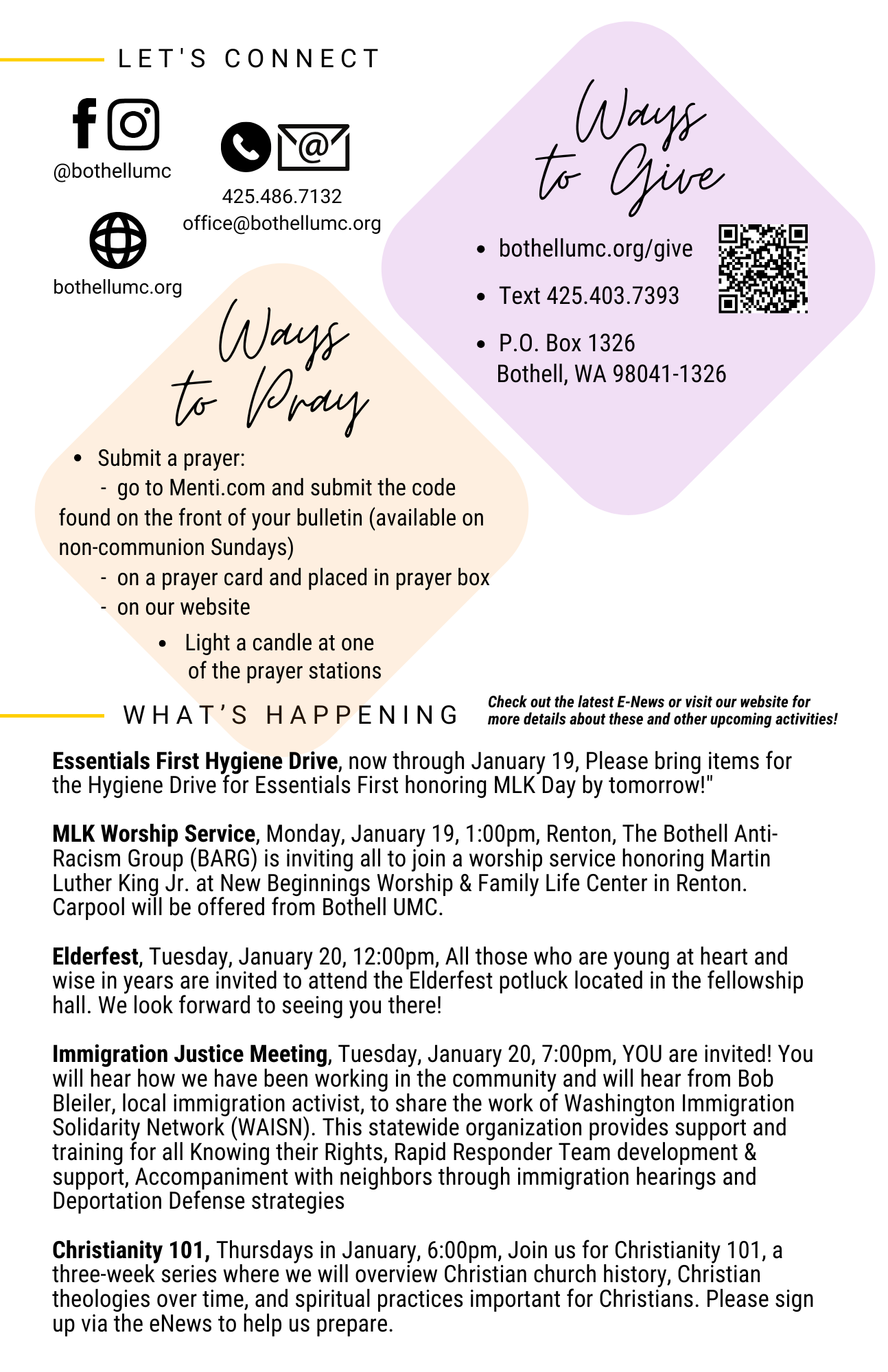
This weekend, our nation pauses to remember the life and legacy of Dr. Martin Luther King Jr. And every year, I’m struck by how carefully we have learned to remember him.
I remember when I was in middle school in Jackson Township, Ohio, our end-of-the-year English project was to create a biography of one of our heroes. We had to write essays, gather photos from the local library, and then give an oral presentation where we presented monologues based on three moments from our hero’s life, embodying them as if we were living inside them.
So, I chose the Rev. Dr. Martin Luther King Jr. and it was one of the first times I remember being truly curious, not just about a person, but about the kind of world they were trying to change.
I learned that he was born on January 15, 1929, in Atlanta, that he was assassinated on April 4, 1968, in Memphis. I learned that both he and his father were originally named Michael King, until his father encountered the legacy of Martin Luther of the Protestant Reformation and changed both their names. I learned about his call to ministry, his leadership at Dexter Avenue Baptist Church in Montgomery, and how he was chosen to lead the Southern Christian Leadership Conference specifically because he was young and not yet seen as threatening. I learned about his near-death experience after being stabbed in 1958, and the letters he wrote to Howard Thurman while recovering, wrestling with fear, faith, and the cost of nonviolence.
And for my three moments, I chose scenes Dr. King himself had written about: the time he and his father were pulled over and his father was repeatedly called “boy” by a police officer; the night his home was bombed by a white supremacist while he was preaching nearby; and the moment he delivered what we now call the “I Have a Dream” speech.
I didn’t recognize it then, but what strikes me now is that none of those moments were safe. None of them were comfortable. Those moments were born out of someone asking a question the world didn’t want asked.
You see, Dr. King was not just a dreamer. He was a disturber. He understood something we too easily forget: injustice survives not only because of hatred, but because of unquestioned assumptions. It survives when people stop asking hard questions about the systems they inherit and about the stories they are taught to accept as normal.
Dr. King was not assassinated because he was inspirational. He was assassinated because he kept asking questions the nation did not want to answer. When he challenged segregation, many said, “Be patient.” When he challenged economic exploitation, many said, “Stay in your lane.” When he challenged militarism and the Vietnam War, many who had once praised him said, “Now you’ve gone too far.”
What changed was not King’s character. What changed was the depth of his curiosity. He kept asking questions that exposed the moral fault lines of American life.
Why should poverty be treated as a personal failure rather than a structural injustice? Why should war be framed as patriotic when it devours the poor at home and abroad? Why should order be protected if it is built on the suffering of Black bodies, immigrant bodies, expendable bodies?
In his final years, Dr. King named what he called the “Evil triplets” of racism, militarism, and materialism, the violent forces that work together to shape society around fear, domination, and profit, which were not abstract critiques. They were tangible and theological ones. King believed that love demanded a curiosity that inspired the courage to ask whether the systems we’ve inherited actually reflect the reign of God. That kind of curiosity cost him allies. It cost him approval. And eventually, it cost him his life. Which is why remembering King without his questions is not honoring him at all. It is neutralizing him.
And it is precisely that dangerous curiosity, the kind that refuses easy answers and presses toward justice, that Jesus invites in our text today.
John tells us that as Jesus begins his public ministry, people start to gather, not because they fully understand who he is, but because something about him raises questions. John the Baptist points to Jesus and says, “Here is the Lamb of God.” And two of John’s disciples do something small, but world‑changing. They follow.
Jesus turns to them and asks the first recorded words he speaks in John’s Gospel: “What are you looking for?” That question carries more weight than it first appears. Jesus is not asking a casual question about curiosity or interest. He is asking about desire. Direction. Longing. What are you seeking? What are you orienting your life toward? What do you believe will save you?
This is not a test. It is an invitation to honesty. And notice what Jesus does not do. He does not correct their assumptions. He does not offer a sermon. He does not give them a vision statement. He allows their curiosity to remain incomplete.
The disciples answer awkwardly: “Rabbi, where are you staying?” It doesn’t sound profound. It doesn’t sound like a confession of faith. But in John’s Gospel, staying matters. The word used here is the same word Jesus will later use when he says, “Abide in me.” Curiosity leads to abiding. They do not simply visit. They do not observe from a distance. They remain.
Which tells us something crucial: transformation in John’s Gospel does not come from information, but from proximity. You do not become a disciple by understanding everything Jesus says. You become a disciple by staying close enough for your life to be rearranged. That is what curiosity does. It loosens certainty just enough to make room for change.
And that is why curiosity is so threatening to rigid systems, both religious and political. Curiosity keeps people from settling too quickly into answers that preserve the status quo. Jesus does not weaponize curiosity. He honors it. He trusts that honest seeking, when it stays close to love, will eventually lead to truth.
One of those two disciples is Andrew. After spending time with Jesus, Andrew does not come back with a polished argument or a fully formed theology. He simply goes and finds his brother Simon and says, “We have found the Messiah.” That is how movements begin. Not with certainty, but with curiosity. Not with mastery, but with witness.
Come and see.
We live in a world that has learned how to be curious without ever being changed. We scroll. We watch. We comment. We react. But we rarely stay. We have learned how to observe injustice without confronting it. How to be informed without being implicated. How to ask questions that do not cost us anything.
But gospel curiosity is different. Gospel curiosity risks proximity. It stays long enough to unsettle comfort. It refuses to accept the world as it is when love calls for something more. That kind of curiosity has always been the beginning of resistance. It is what allowed Dr. King to imagine a world other than the one he inherited. It is what allowed movements for justice to begin not with answers, but with people asking, “Why must it be this way?” and “What would love require instead?”
Curiosity opens the door to new identity.
When Andrew brings Simon to Jesus, Jesus looks at him and says, “You are Simon… you will be called Cephas.” Before Simon understands. Before he believes correctly. Before he proves himself. Jesus names who he will become.
Curiosity allows us to believe that change is possible, both for ourselves and for the world.
Certainty says, “This is just how things are.” Curiosity says, “What if God is doing something new?”
Certainty protects comfort. Curiosity risks transformation.
And on this MLK weekend, that distinction matters. Because complacency is not neutral. Complacency protects injustice. Faith that stops asking questions eventually stops loving its neighbor. Curiosity will cost us. It may cost us simplicity. It may cost us approval. It may cost us the comfort of pretending we do not see what is happening.
But curiosity also gives us something. It gives us courage. It gives us solidarity. It gives us the imagination to live toward God’s preferred future, a world where no one is disposable, where no one is treated as a threat for existing, where power is restrained by love and justice is practiced publicly.
So what does it look like to receive this gift? Here are your action items for the week:
First, ask one honest, uncomfortable question this week. Not online. Not abstract. In real life. About race. About power. About whose voices are missing. About what you have been taught not to question.
Second, get close to a story you have been taught to fear or ignore. Read. Listen. Show up. Stay curious longer than feels convenient.
Curiosity that never risks proximity is just entertainment.
And third, follow curiosity into action. Join us for our celebration of Dr. King in the National Day of Service and at New Beginnings Christian Fellowship tomorrow at 1pm for worship and ask “Why must it be this way?” and “What would love require instead?” Then act. Because curiosity that leads nowhere is curiosity wasted. But curiosity that leads to love… that is discipleship.
Over these three weeks, we have reflected on three gifts from Jesus: Wonder taught us to notice God moving. Community reminded us that we belong to one another, and that belonging must lead to justice. And today, curiosity sends us forward.
So church, hear Jesus’ question again:
What are you looking for?
And may we be a people curious enough to imagine God’s preferred future, and courageous enough to move toward it together.




